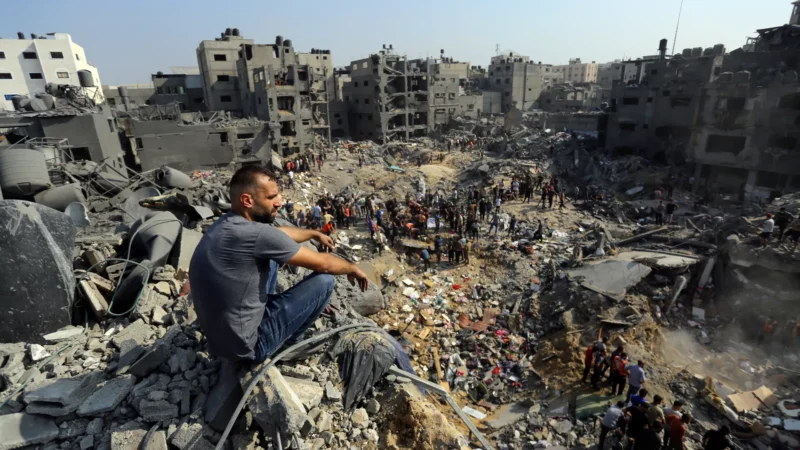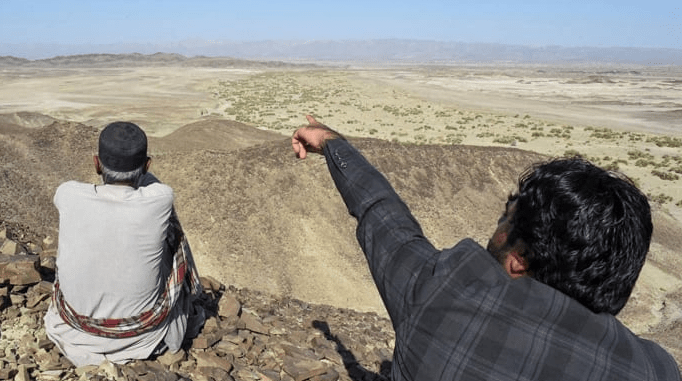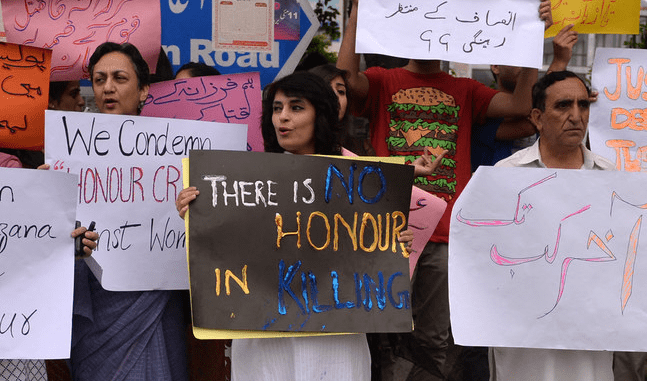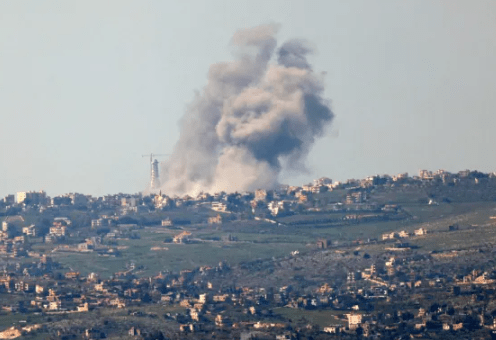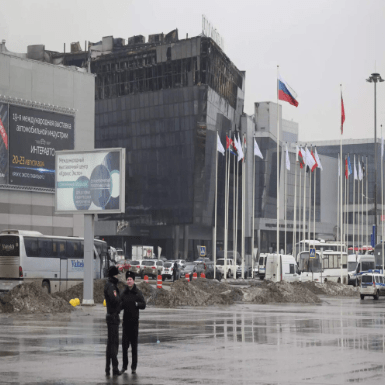Streatham terror attack could have been prevented, inquest finds
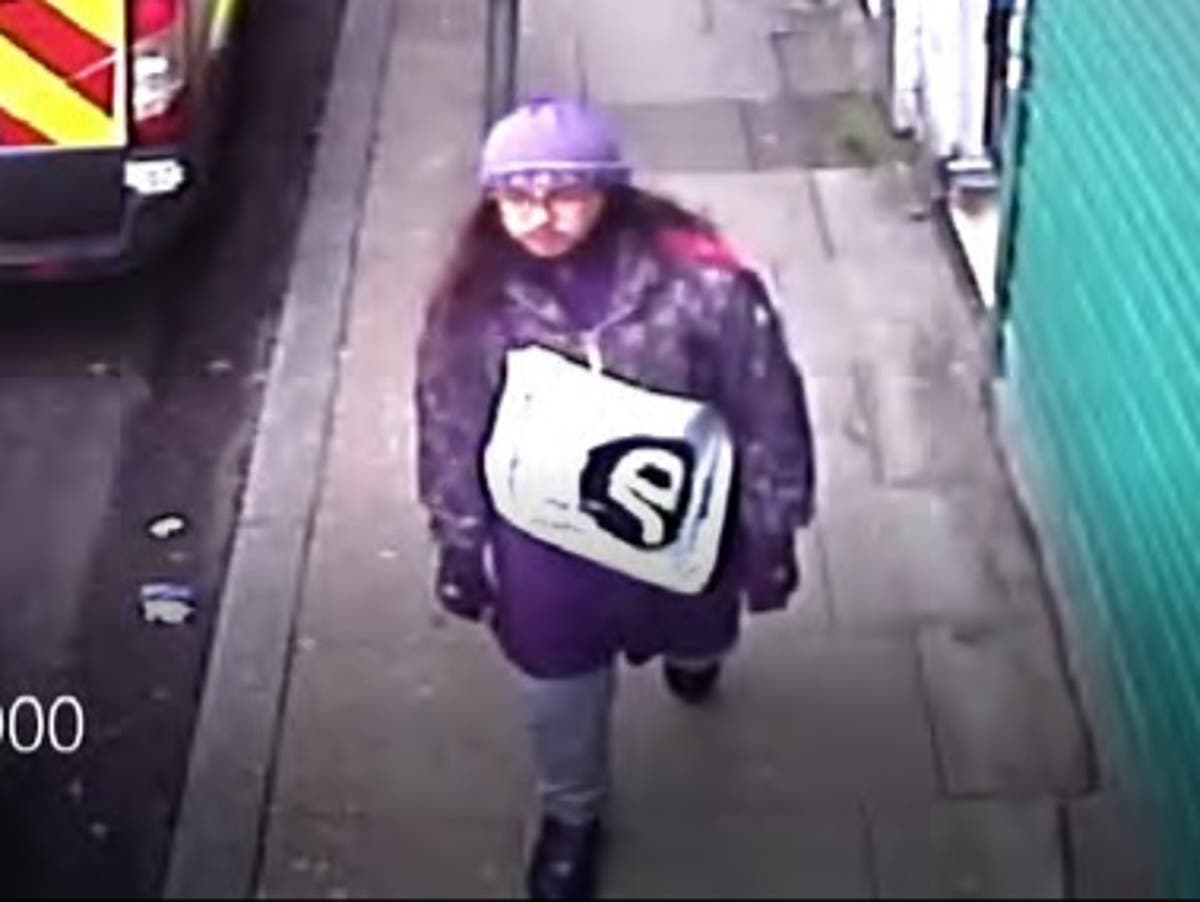
A terror attack launched by a released Isis supporter on a London high street could have been prevented, an inquest has found.
Sudesh Amman stole a large knife from a shop and stabbed two people before being shot dead by police in Streatham on 2 February 2020.
It came just 10 days after he was released from prison automatically after serving a sentence for spreading Isis propaganda.
Police and MI5 feared he would launch an attack, after stating his violent wishes in prison and associating with high-profile terrorists, and put him under 24-hour armed surveillance.
Two days before the attack, the operation revealed that Amman had purchased items in Poundland that could be used to make a fake suicide belt of the kind used in recent attacks.
The inquest into his death found that HM Prison and Probation Service had “missed an opportunity which may have prevented the attack” by failing to recall Amman to prison after being notified of the purchases, which Amman used to construct a hoax vest worn during the attack.
Jurors highlighted evidence that the police informed a National Probation Service (NPS) official and asked how he could potentially be sent back to prison.
“HM Prison and Probation Service could have recalled Amman to prison if satisfied that his behaviour indicated an increased or unmanageable risk of serious harm to the public or that there was an imminent risk of further offences being committed,” a document read.
Concerns that Amman could make a fake suicide vest sparked a joint operational team meeting with MI5 on 31 January 2020.
But police decided not to arrest Amman over the purchases and attempt to prosecute him for attack-planning, instead drawing up a series of “tipping points” that would spark different kinds of intervention.
They included breaching a curfew, entering areas of central London that he was excluded from, and purchasing a knife.
A knife, centre, of the kind stolen by Sudesh Amman and used in the Streatham attack (Metropolitan Police)
The plan said police would also swoop if they received intelligence that Amman was planning an attack or making a fake suicide vest.
However, the inquest heard that police did not search Amman’s room at a probation hostel before the attack or ask staff to inspect it. No intelligence was received that he had made the vest he wore during the attack.
A former probation service worker defended the decision not to recall Amman to prison during the inquest, saying there was “not enough information”.
Alan Reid, the former national security lead for the probation service, said: “There was certainly scope to do a routine search [but] the overarching impression that I was left with was that we didn’t want to take any action that would compromise the police operation.”
Carina Heckroodt, head of the London Extremism Gangs and Organised Crime Unit at the probation service, also denied there was a “missed opportunity” to recall Amman to prison after his Poundland purchases.
Jurors concluded that Amman was lawfully killed by police, who shot him after seeing him stab two victims, who survived their injuries.
The two police officers who shot Amman told the inquest how they feared for their lives, after he stopped in the street and turned towards them brandishing his knife.
An undercover officer codenamed BX87 had been following the terrorist as part of the planned surveillance operation when he went into a shop called Low Price Store.
A CCTV still showing undercover armed police officers chasing Sudesh Amman, right, with their guns drawn after he stabbed two people in the Streatham attack (Metropolitan Police)
He was directed to enter the shop to monitor Amman’s activities but was still around 15m away when he ran out with the stolen knife.
BX87 described seeing Amman stab his first victim and shout “Allahu akbar”, meaning “God is great”, adding: “It was at this point, really, that it really dawned on me that this was a terror attack, and that he was looking to attack numerous people.”
An officer codenamed BX75 to protect his identity described Amman “locking eyes” with him as he ran along Streatham High Street.
“He was running towards me,” BX75 said. “I thought he was gonna stab me and kill me.”
The officer took a shot at Amman but missed, shattering the frontage of a Lidl supermarket, and started chasing the terrorist as he ran past him.
Witnesses described hearing shouts of “stop, armed police” as Amman continued running.
Outside a Boots pharmacy, around 100m away from where the attack started, he stopped and turned to face the officers.
BX75 said: “I thought he was gonna stab me, attack my colleague, attack anyone who came out of Boots that didn’t know what was going on outside, or turn and run into Boots and continue his attack. I was convinced he was making a decision there and then of who to attack next.”
His colleague, BX87, said Amman had his arm stretched out with the knife pointing towards them as he turned.
Part of the fake IED made by Sudesh Amman and worn during the Streatham attack (Metropolitan Police)
“It was pretty clear to me that he was intent on attacking me or further members of the public,” he added. “I continued ‘armed police, drop the knife’ throughout the whole thing.
“I saw Amman take a number of paces towards me, closing the gap further. It really dawned on me at this point that I was potentially going to get stabbed.”
Both officers opened fire, with BX75 firing two shots and BX87 three, although not all the bullets hit the attacker.
BX87 said it was only when he had kicked away the knife and moved towards Amman with the intention of giving first aid that he saw his fake suicide belt.
The officer said he saw what he “believed to be an explosive vest strapped to his chest”, adding: “I immediately retracted because I thought I was going to get blown up.”
Authorities defended their decisions and the efforts to monitor Amman following his release from prison during the inquest.
A Metropolitan Police officer claimed the surveillance operation that was active during the attack “could not have achieved a more effective result” in the circumstances, and prevented Amman harming more people.

